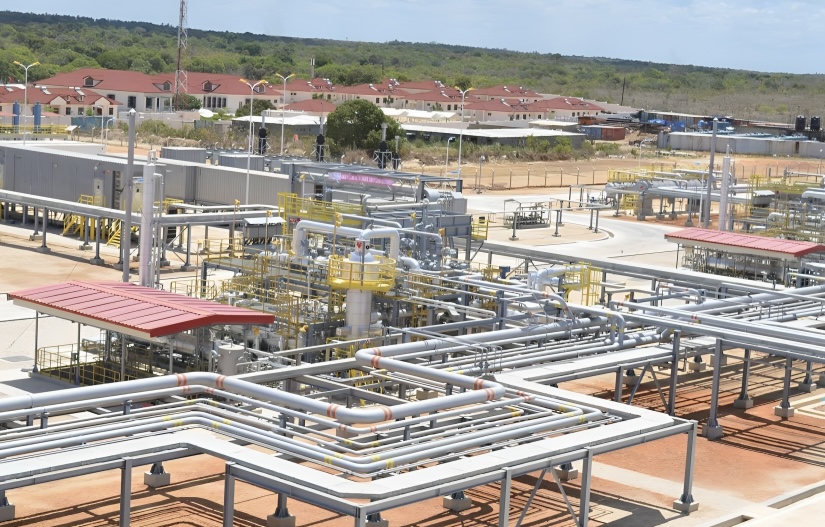The long-running dispute between Libya’s state-owned National Oil Corporation (NOC) and the United Arab Emirates-based Trasta Energy over the Ras Lanuf oil refinery is set to resume before an arbitration tribunal of the Organisation of Islamic Cooperation (OIC) on 12 January.
Trasta Energy, which operated the refinery through its subsidiary Libyan Emirates Oil Refining Co (LERCO), is seeking $1.8 billion in damages from NOC for allegedly breaching their joint venture agreement and terminating the contract in 2013.
The Ras Lanuf refinery, located on the Mediterranean coast, has a capacity of 220,000 barrels per day and is one of the largest in Africa. It was shut down in 2011 due to the civil war that toppled the regime of Muammar Gaddafi and has remained largely offline since then due to security issues, political instability, and legal disputes.
Trasta Energy claims that NOC failed to supply crude oil to the refinery, prevented LERCO from exporting its products, and interfered with its management and operations. It also accuses NOC of unlawfully expropriating its assets and violating its rights as a foreign investor.
NOC denies these allegations and argues that Trasta Energy breached the joint venture agreement by failing to pay its share of the costs, abandoning the refinery, and engaging in fraudulent activities. It also contends that Trasta Energy has no legal standing to sue NOC, as LERCO is a Libyan company subject to Libyan law.
The case was initially brought before the International Chamber of Commerce (ICC) in Paris in 2014, but the ICC ruled in 2018 that it had no jurisdiction over the dispute and referred it to the OIC, a 57-member organization that promotes cooperation among Muslim countries.
The OIC arbitration tribunal, composed of three arbitrators from Egypt, Morocco, and Saudi Arabia, held its first hearing in November 2020 and is expected to issue its final award later this year.
The outcome of the case could have significant implications for Libya’s oil sector, which is the main source of income for the war-torn country. The NOC, which is recognized by the United Nations as the sole legitimate authority over Libya’s oil resources, has been struggling to restore production and exports amid ongoing violence, blockades, and political divisions.
The Ras Lanuf refinery, if operational, could boost Libya’s refining capacity and reduce its dependence on imported fuel. It could also generate revenue and jobs for the local population, which has suffered from years of conflict and neglect.
However, the refinery’s future remains uncertain, as it faces not only legal challenges but also security threats from armed groups and militias that control parts of the country. The refinery was attacked several times in the past by Islamic State militants and rival factions, causing damage and fire.
The NOC has expressed its commitment to resume operations at the refinery as soon as possible, but it also needs the support of the Libyan government and the international community to ensure a stable and conducive environment for investment and development.
The NOC and Trasta Energy declined to comment on the ongoing arbitration proceedings.
Source: Africa Intelligence



